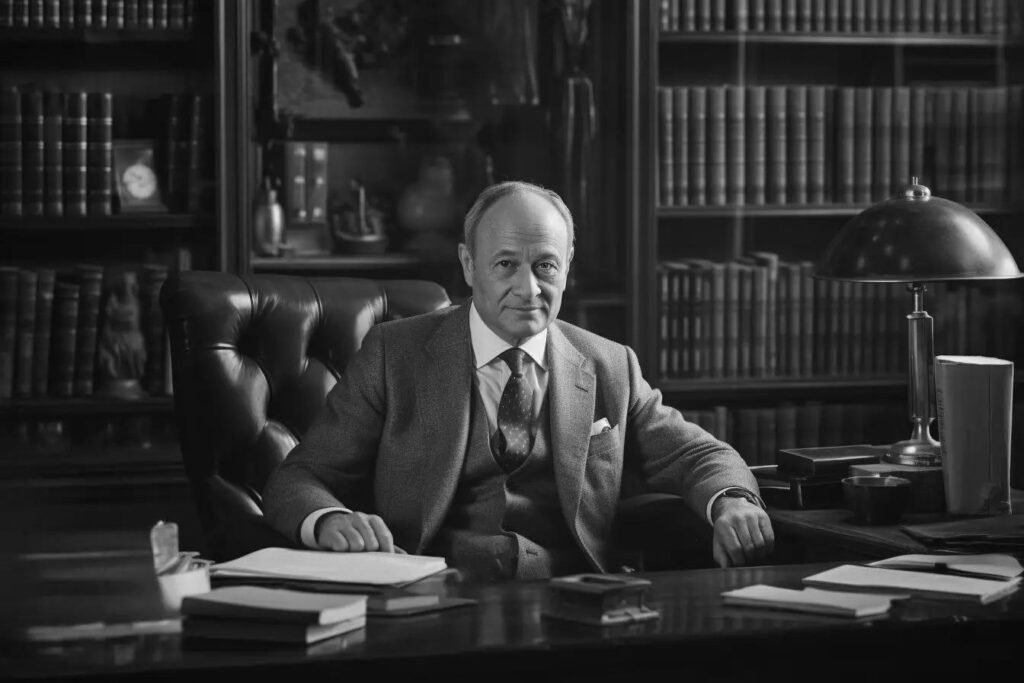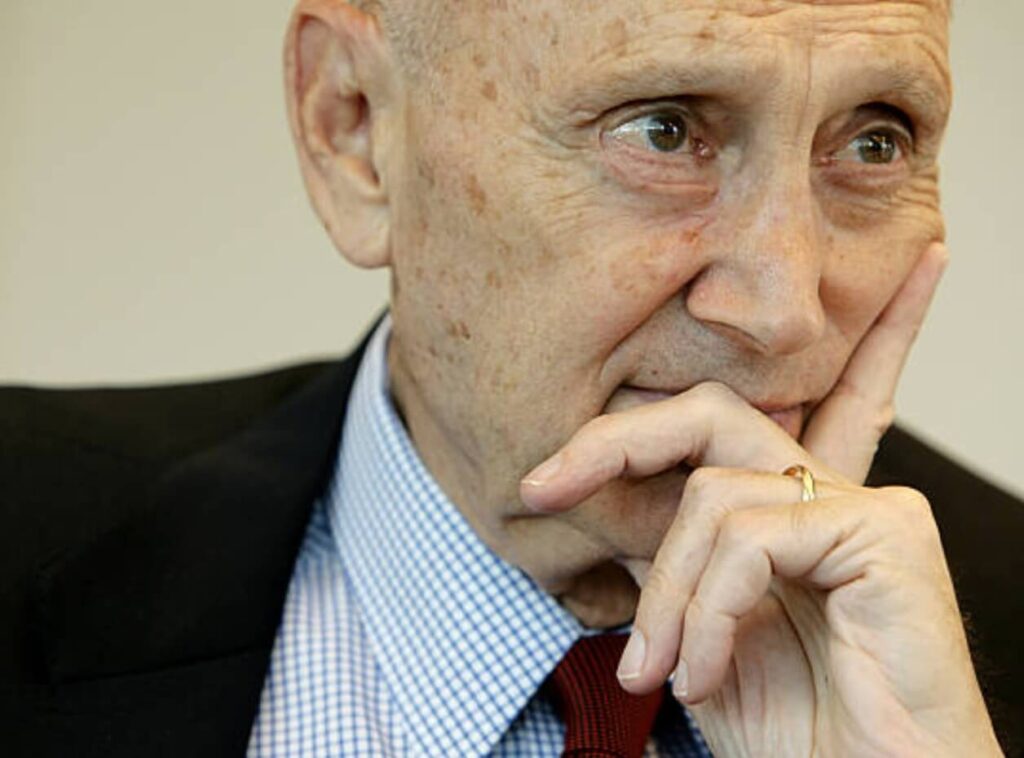In the world of economics, where consensus often rules and complexity hides behind jargon, Yanis Varoufakis stands apart — a rare voice of defiance, clarity, and democratic conviction. Whether you see him as a radical reformer or a political maverick, one thing is certain: Varoufakis has reshaped how many people understand not only the Eurozone crisis, but the deeper fault lines of global capitalism.
His story is more than one man against the system. It’s about power, people, and the courage to challenge economic orthodoxy — even when the stakes are monumental.
👶 From Athens to Academia
Born on March 24, 1961, in Athens, Greece, Yanis Varoufakis grew up during a turbulent time. Greece was under military dictatorship until 1974, and the repression of those years left a lasting impact on him. The values he absorbed — democracy, civil rights, and skepticism toward authority — would shape his life’s work.
Varoufakis moved to the UK in the 1970s, studying mathematics and economics at the University of Essex, followed by a Ph.D. in economics from the University of Birmingham. His early academic career focused on game theory, economic instability, and political economy — but his mind was always on the real-world consequences of economic decisions.
He went on to teach at several institutions across the world, including the University of Sydney and the University of Texas at Austin, but always maintained deep ties to Greek politics and European affairs.
🏛️ Finance Minister in the Eye of the Storm
In 2015, Greece was in crisis. Years of austerity, recession, and EU-imposed bailout conditions had pushed the country to its limits. Amid growing public anger, the radical-left Syriza party won national elections — and appointed Varoufakis as Finance Minister.
What followed was one of the most dramatic confrontations in modern European history.
With his leather jackets, motorbike, and straight-talking style, Varoufakis became a media sensation. But his substance matched the style: he demanded debt restructuring, opposed further austerity, and openly challenged the European Central Bank, the IMF, and other institutions pushing punitive measures on Greece.
He argued that the bailout terms were not only unfair but economically irrational — deepening the crisis they claimed to fix. For five turbulent months, he negotiated fiercely with European leaders, refusing to play by the script.
But the clash came to a head in July 2015. In a national referendum, 61% of Greeks voted against new austerity measures. Yet the Greek Prime Minister, Alexis Tsipras, ultimately accepted the bailout. Varoufakis resigned in protest, refusing to be complicit in what he called the “surrender.”
📢 A Voice for Democracy and Transparency
Resignation didn’t mark the end of Varoufakis’s influence — it marked a new beginning.
In 2016, he co-founded DiEM25 (Democracy in Europe Movement 2025), a pan-European movement committed to making the EU more democratic, transparent, and accountable. He argued that European institutions were dominated by unelected technocrats and opaque processes — and that citizens needed a bigger voice.
DiEM25 brings together activists, artists, economists, and politicians to push for policies that prioritize social justice, ecological sustainability, and civil liberties. For Varoufakis, economic policy isn’t just about numbers — it’s about who gets to decide, and in whose interest.
📚 Books that Make You Think
Varoufakis is also a prolific and passionate writer. His books combine economics, politics, and personal experience — often written in a style that’s accessible, witty, and deeply human.
Here are some of his most notable works:
🧠 The Global Minotaur (2011)
An influential analysis of how the U.S. economy became the engine of global capitalism — and how its collapse triggered the 2008 financial crisis.
📝 Adults in the Room (2017)
A gripping memoir of his time as Greece’s Finance Minister. It reads like a political thriller — but it’s all true. The book offers a rare inside look at EU power politics, backroom deals, and moral dilemmas.
👧 Talking to My Daughter About the Economy (2013 / 2017)
Written for his teenage daughter, this book is a brilliant introduction to economic thinking, inequality, and the myths that shape our societies.
🔮 Another Now (2020)
A bold experiment in political fiction. Through imagined conversations between characters from different ideological backgrounds, Varoufakis explores what a radically fairer and more democratic future could look like.
📲 Technofeudalism: What Killed Capitalism (2023)
His latest and perhaps most provocative work yet. Varoufakis argues that today’s digital giants haven’t extended capitalism — they’ve replaced it with something even more dangerous: a new form of centralized control, or “technofeudalism.”
🎤 More Than an Economist
Yanis Varoufakis is not just an economist — he’s a teacher, activist, communicator, and political visionary. He’s been interviewed by media outlets across the world, given TED Talks, and spoken at parliaments, festivals, and protests alike.
His blend of charisma, intellect, and candor resonates with a wide audience — especially younger generations tired of economic systems that seem rigged against them. He refuses to sugar-coat his message, yet he never stops searching for constructive solutions.
🧭 Legacy and Relevance
Today, Yanis Varoufakis remains a polarizing figure. Supporters admire his integrity, courage, and vision. Critics accuse him of being unrealistic or too confrontational. But few would deny his impact — on public discourse, on European politics, and on the broader fight to make economics more democratic.
In an era marked by rising inequality, climate breakdown, and political alienation, Varoufakis’s call for transparency, fairness, and real democracy rings louder than ever.
He challenges us not just to critique the system — but to imagine something better. And in doing so, he reminds us that economics isn’t destiny. It’s a choice. And we all have a stake in it.




